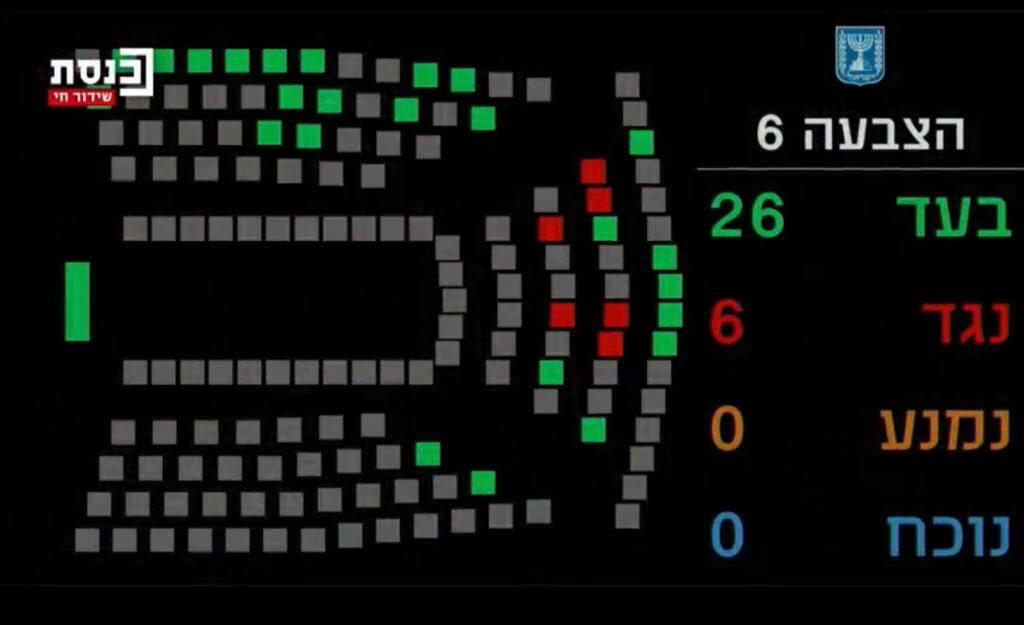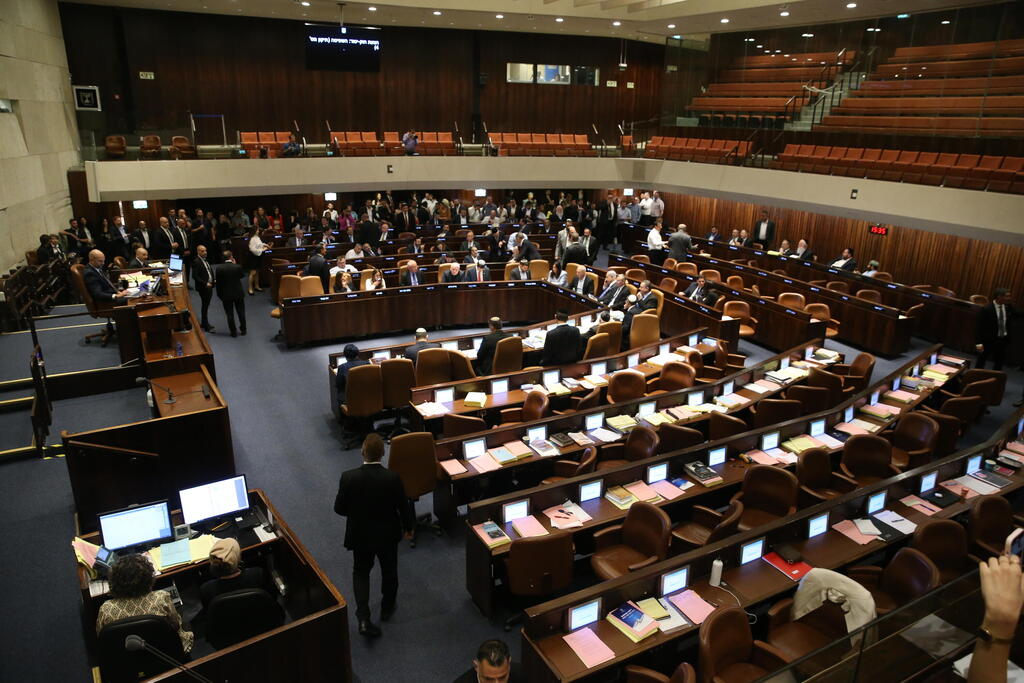Getting your Trinity Audio player ready...
In a significant step, the Knesset plenum on Sunday passed in first reading a bill promising to compensate victims of terrorism.
Read more:
The bill, which received overwhelming support from both sides of the aisle, aims to provide victims with an avenue to claim damages from those financing terrorist elements. Additionally, victims will receive a minimum compensation of NIS 10 million ($2.7 million)
Championed by MK Yitzhak Pindros of United Torah Judaism, the bill will enable victims and their families to file tort claims against terrorist organizations and individuals who incentivize attacks by offering salaries to terrorists. By seeking exemplary compensation, this legislation sends a powerful message that terrorism will not go unpunished.
According to the proposed bill, these compensations will not be deducted from the total amount paid to victims by the state for acts of terrorism. Furthermore, the victims of terrorism will have the ability to pursue judgments against any assets owned by those involved in financing terrorism, including funds frozen in connection with terrorism and transferred to the Palestinian Authority from the government of Israel from 2018 and on.
2 View gallery


Results of first Knesset vote on bill to indemnify victims of terrorism
(Photo: Knesset)
Attorney Asher Stub, a researcher from Columbia University Law School, and businessman Sander Gerber, who successfully passed the Taylor Force law and the law to withhold money from terrorists' salaries, are among the key initiators and drafters of this groundbreaking bill. In a joint statement, they said, "The new law is an important step toward achieving justice for victims of terrorism. The law will enable victims to receive the compensation they rightfully deserve and will underscore the message that terrorism does not pay. By eliminating the barriers that currently exist in Israeli law, we can impose a heavy price on those responsible for perpetrating acts of terrorism, mirroring the strong stance taken by American law."
The bill secured 26 votes in favor and 6 votes opposed during the first reading at the Knesset plenum. It now progresses to subsequent readings, where further discussions and amendments may take place before it becomes law.


